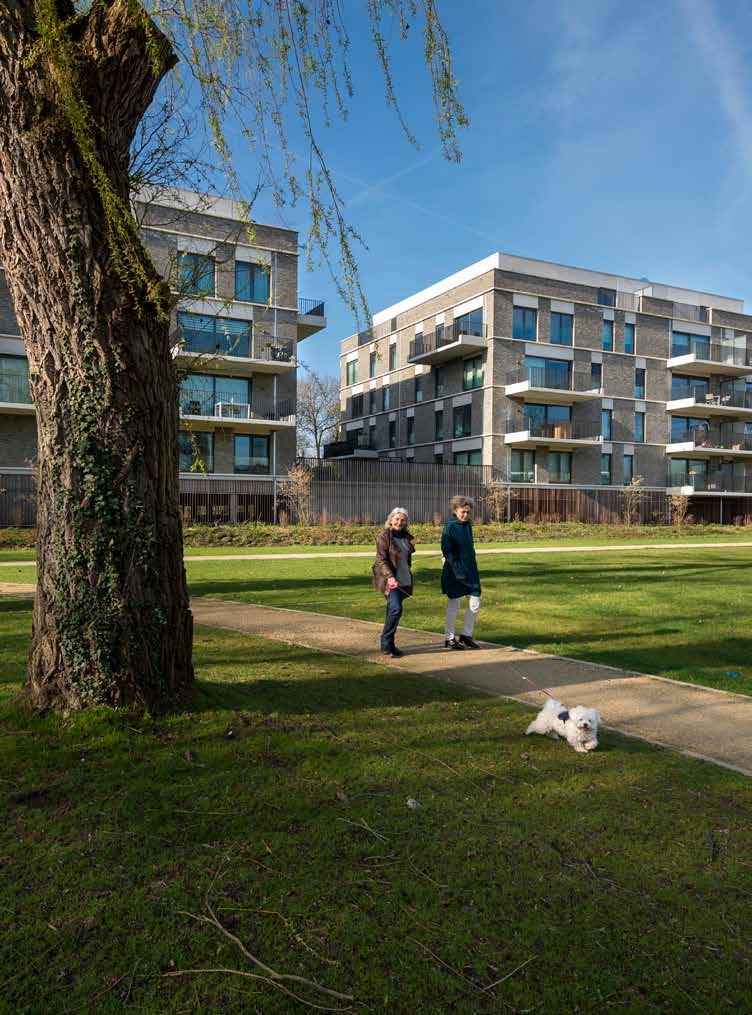
3 minute read
PROJECT DEVELOPMENT
from Company Profile
Jan De Nul Group is also active in the remediation, repurposing and sustainable development of polluted industrial sites and un(der)utilised sites. For this, we apply the formula ‘Unburdening, Unlocking, Developing’. We take on the complete development track and create space for new destinations, in close cooperation with end users, investors, public authorities and business partners.
We remediated and revitalised the long abandoned and derelict premises of a former gas factory in Lier into a high-quality residential quarter amidst a publically accessible park with ponds.
Advertisement
BROWNFIELD DEVELOPMENT
Population levels are growing. In addition to more and better-suited residential units, we also continue to need space for businesses. This exerts increasing pressure on green space, which is scarce and finite. We will thus have to do more with less space. By developing heavily contaminated or derelict sites, the so-called brownfields, we contribute to decreasing the use of green space. As a pioneer in Belgium, we are committed to eliminating environmental risks in view of the optimal redevelopment of derelict sites. As such, we revitalise long neglected polluted sites such as former factory premises or former landfills in a daring and innovative way.
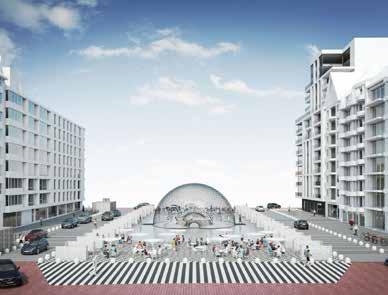
In Knokke, we are currently renovating the Albertplein. The project includes the construction of an underground car park and the renovation of the existing utility networks and sewage system but also a completely new design for the aboveground public square. In Coronmeuse (Liege), we are redeveloping a dilapidated and polluted urban district of +60 acres into an innovative eco-friendly neighbourhood where living, working and relaxing go hand in hand.
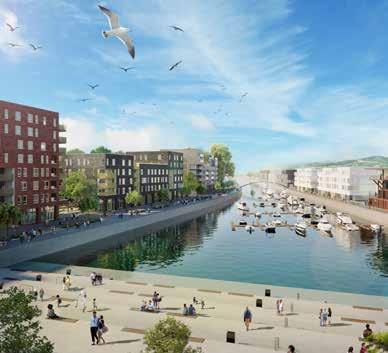
COMPLEX REDEVELOPMENT PROJECTS
An outmoded town planning destination. Inadequate access or lack of infrastructure, fiscal and legal challenges. Aligning the policy vision of local authorities. Creating public support, but also capturing the concerns of local residents and other stakeholders. All these elements make urban renovation and redevelopment projects very complex. For this reason, sites with promising potential often remain blocked and un(der) utilised for far too long. We make a difference here through our integrated, multidisciplinary approach and stakeholder management. We succeed in unlocking and upgrading such complex sites.
CONVERSION PROJECTS
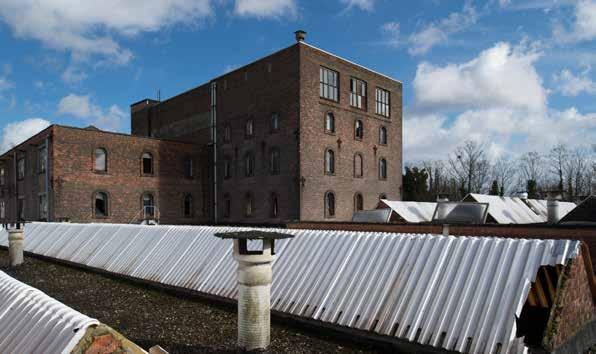
The Inofer site contained a press shop for non-ferrous metals but also a malt-house and a rubber factory have left their marks: environmental pollution that we clean up but also valuable architectural heritage that we renovate and integrate in a sustainable way in an innovative development project combining office space and residential units.
We revalorise un(der)utilised immovable heritage towards optimal new destinations. We safeguard, integrate and reactivate valuable relicts of our past by giving them a sustainable and active role in the present. We have extensive experience in the conversion of industrial heritage such as warehouses and workshops. However, we are also experts in handling ‘other’ innovative conversion projects such as vacant hospitals, schools, public buildings or military domains.
REGULAR REAL ESTATE DEVELOPMENT
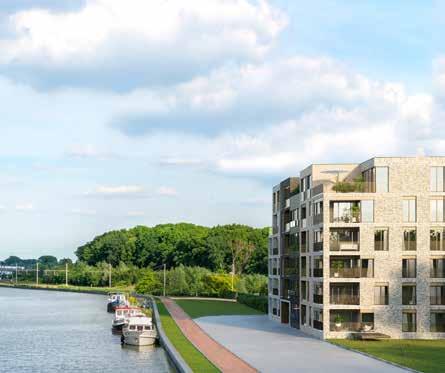
The regular or conventional real estate development has stopped being ‘easy’ a long time ago. Also within this sector, the challenges and complexity have increased considerably. Our commitment when handling large-scale and smaller real estate projects: an optimum spatial integration of the project area in the immediate vicinity, architectural quality, focus on sustainable project development and stakeholder management. We execute both residential, retail, leisure, office and semi-industrial development projects.
On the site of a former cattle feed company in Izegem, we realised a high-quality residential building project with apartments and penthouses on the Roeselaere-Leie canal.





